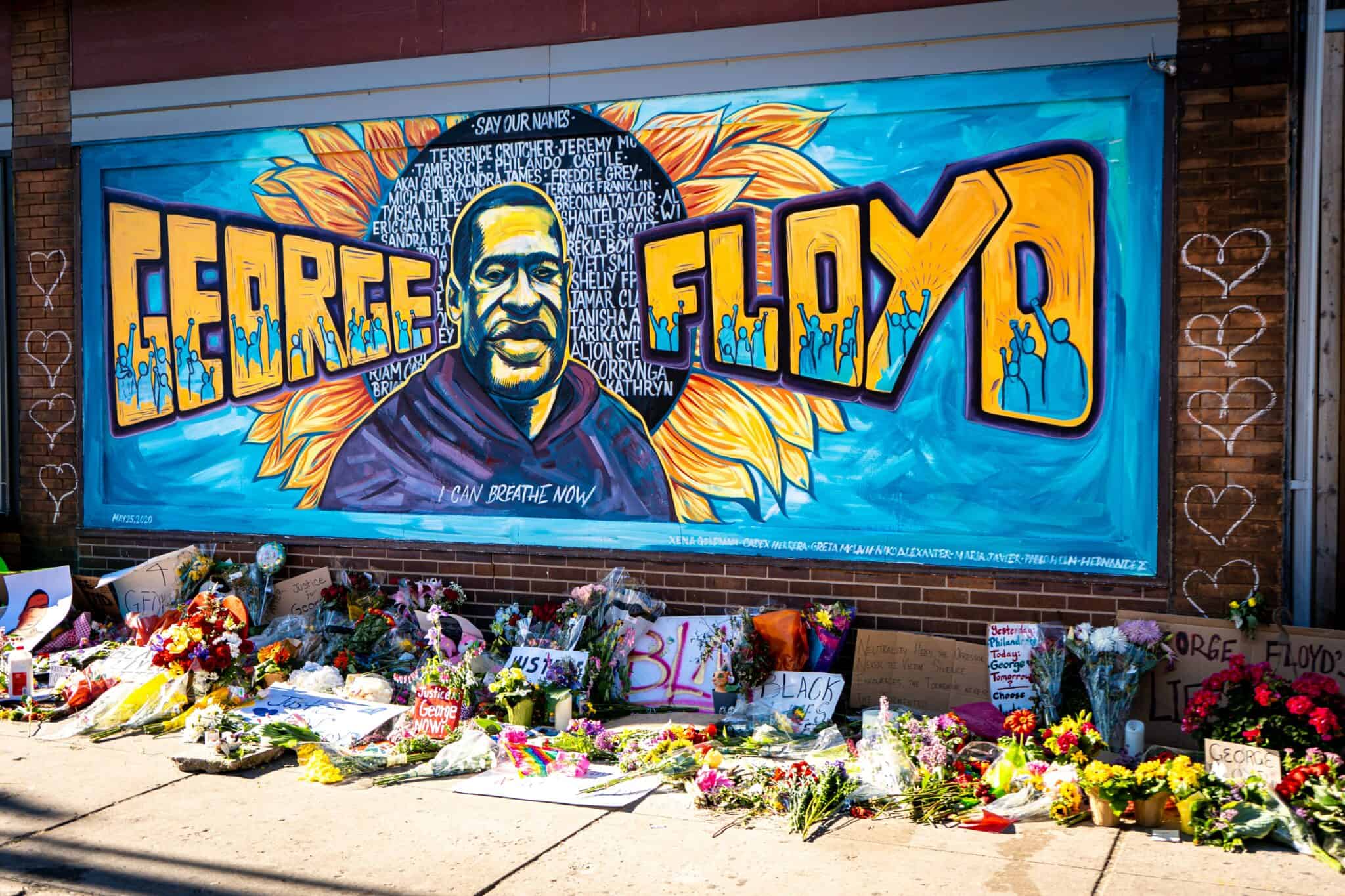
Jason Vazquez is a staff attorney at the International Brotherhood of Teamsters. He graduated from Harvard Law School in 2023. His writing on this blog reflects his personal views and should not be attributed to the Teamsters.
Several unions released statements embracing the conviction of Derek Chauvin, the former Minneapolis police officer who killed George Floyd, and pledging to continue the pursuit of both racial and economic justice. CWA described the ruling as a “step toward justice,” and the Minnesota AFL-CIO resolved to “continue [its] work to bring racial and economic justice to all workers in our state,” for example.
It is heartening to see labor leaders display sensitivity to the overlapping threads connecting systems of racial and class oppression. As history demonstrates, intersectional solidarity propels all movements for social justice.
In political news, after his office received a flood of calls from working people across the state — orchestrated by a coalition of labor organizations — Sen. Agnus King (I-MA), who caucuses with the Democrats, has signed on as a cosponsor of the PRO Act. King is the second recalcitrant centrist lawmaker the labor coalition’s efforts to ratchet up pressure has successfully pushed to endorse the desperately needed labor law reform bill in recent days, as Sen. Joe Manchin (D-WV) lent he backing to the measure last week.
The legislation now has 49 cosponsors in the Senate — impressive, yet insufficient to surmount a filibuster.
In exploring Covid-19’s impact on the U.S. workforce, the latest Gallup survey sheds light not only on the desolation and dislocation the pandemic unleashed but its tendency to disproportionately ravage the margins of society. Among other things, the report reveals that furloughs and income loss were overwhelmingly concentrated among the poor — and, strikingly, that nearly half of all furloughed workers struggled to afford essentials such as food, fuel, or shelter.
Moments of rapid social upheaval, while damaging and disorienting, often trigger sweeping social change. Let’s hope these years of deepening poverty, inequality, and social atomization spur policymakers to meaningfully address the precarity in our economic system and the inadequacies in our social safety net which the pandemic has so devastatingly exposed.






Daily News & Commentary
Start your day with our roundup of the latest labor developments. See all
January 9
TPS cancellation litigation updates; NFL appeals Second Circuit decision to SCOTUS; EEOC wins retaliation claim; Mamdani taps seasoned worker advocates to join him.
January 8
Pittsburg Post-Gazette announces closure in response to labor dispute, Texas AFT sues the state on First Amendment grounds, Baltimore approves its first project labor agreement, and the Board formally regains a quorum.
January 7
Wilcox requests en banc review at DC Circuit; 9th Circuit rules that ministry can consider sexual orientation in hiring decisions
January 5
Minor league hockey players strike and win new deal; Hochul endorses no tax on tips; Trump administration drops appeal concerning layoffs.
December 22
Worker-friendly legislation enacted in New York; UW Professor wins free speech case; Trucking company ordered to pay $23 million to Teamsters.
December 21
Argentine unions march against labor law reform; WNBA players vote to authorize a strike; and the NLRB prepares to clear its backlog.